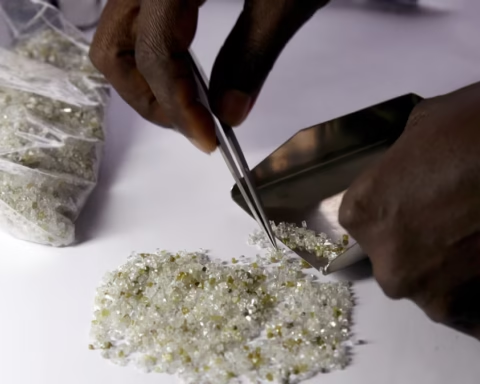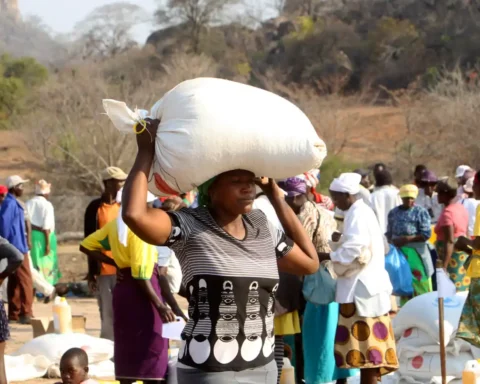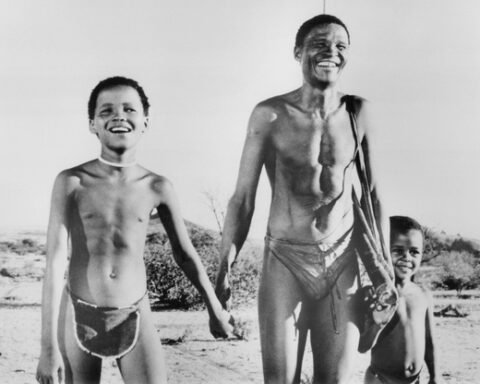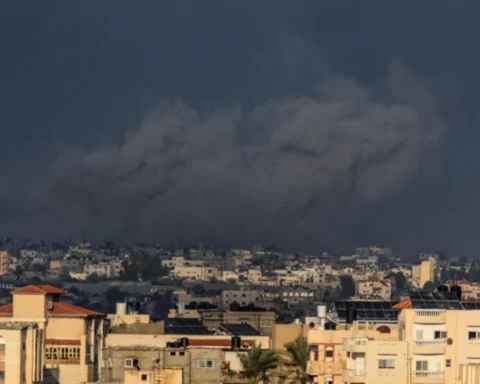The United Nations High Commissioner for Human Rights Michelle Bachelet welcomed the decision by the High Court of Botswana to reject sections of the penal code that criminalise consensual same-sex relations and impose up to seven years in prison.
The unanimous decision by the court followed a petition by an anonymous person, identified only by initials LM for security reasons.
“Punishing people based on their sexual orientation has a deeply negative impact that goes far beyond the risk of arrest and imprisonment. Criminalisation contributes to stigma and gives free rein to discrimination more generally, leading to lesbian, gay, bisexual and, in some cases, transgender people being denied health care, education, employment and housing,” Bachelet said.
Bachelet praised Botswana’s justice system for playing an important role of an independent and impartial judiciary in addressing injustice.
“I encourage them to continue their work to ensure full social and legal equality for all people in Botswana,” Bachelet added.
The UN Human Rights Office said the decision improves on previous positive judgments by the High Court and Court of Appeal in Botswana. Additionally, it said the decisions have affirmed that LGBT people form part of the rich diversity of any nation and are fully entitled to constitutional protection of their dignity, privacy and equal protection before the law.
The landmark ruling comes less than a month after Kenya’s High Court upheld similar sections of the penal code in another closely watched case.
Same-sex relationships are illegal in more than half of the countries in Africa. In Sudan, parts of Somalia and Nigeria, homosexuality is a crime punishable by death.
Botswana is the third African country and ninth globally over the past five years to have decriminalized consensual, same sex relationships. Similar decisions have been made by courts and/or legislators in Angola, Belize, India, Mozambique, Nauru, Palau, the Seychelles, and Trinidad and Tobago.








